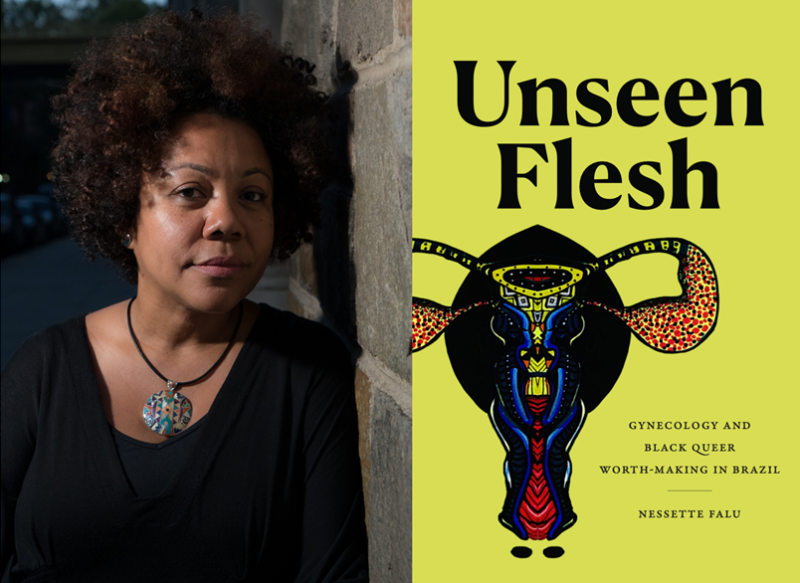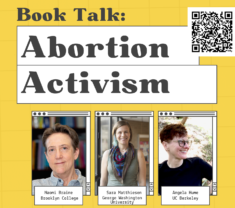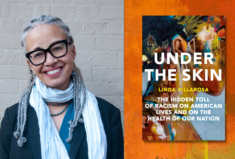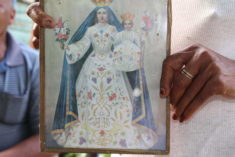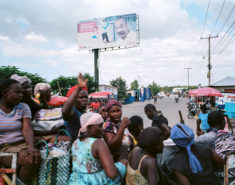About this reading and conversation
The Center for the Study of Women and Society is pleased to present a Book Reading of Unseen Flesh: Gynecology and Black Queer Worth-Making in Brazil with author Nessette Falu. In Unseen Flesh, Nessette Falu explores how Black lesbians in Brazil define and sustain their well-being and self-worth against persistent racial, sexual, class, and gender-based prejudice. Focusing on the trauma caused by interactions with gynecologists, Falu draws on in-depth ethnographic work among the Black lesbian community to reveal their profoundly negative affective experiences within Brazil's deeply biased medical system. In the face of such entrenched, intersectional intimate violence, Falu's informants actively pursue well-being in ways that channel their struggle for self-worth toward broader goals of social change, self care, and communal action.Demonstrating how the racist and heteronormative underpinnings of gynecology erases Black lesbian subjecthood through mental, emotional, and physical traumas, Falu explores the daily resistance and abolitionist practices of worth-making that claim and sustain Black queer identity and living. Falu rethinks the medicalization of race, sex, and gender in Brazil and elsewhere while offering a new perspective on Black queer life through well-being grounded in relationships, socioeconomic struggles, the erotic, and freedom.
For more information, and to RSVP: https://bit.ly/CSWSUnseen
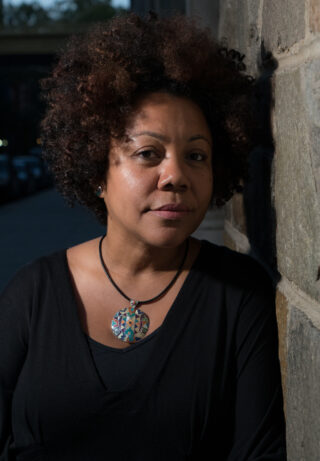
Nessette Falu (pronouns she/her) is a Black queer feminist anthropologist and assistant professor of African and African Diaspora Studies at the University of Texas at Austin. Her research lab, Gxnecologx Justice Lab, designs evidence-based multimedia resources and visual materials for community engagement about Black queer reproductive health and justice such as medical illustrations. Her current manuscript examines through a Black feminist lens the extensive sexual violence by gynecologists in the U.S. and its sociohistorical ties to the history of medicine and slavery that serves to undermine racial and gendered vulnerabilities of patients. She partners with allgo, a POC queer organization in Austin to develop community-based participatory research as part of a mentoring program with the Dell Medical School and Population Health Department at UT Austin. She enjoyed a seventeen-year clinical career as a Physician Assistant in neurosurgery, internal medicine, HIV-specialty, hematology-oncology, and pain management. She loves lakes, rivers, and the ocean.
This event is free and open to the public.
This event is hosted by Center for the Study of Women and Society and co-sponsored by the Center for Humanities, the Center for LGBTQ Studies, and the CUNY Graduate Center Anthropology and Critical Psychology departments.
